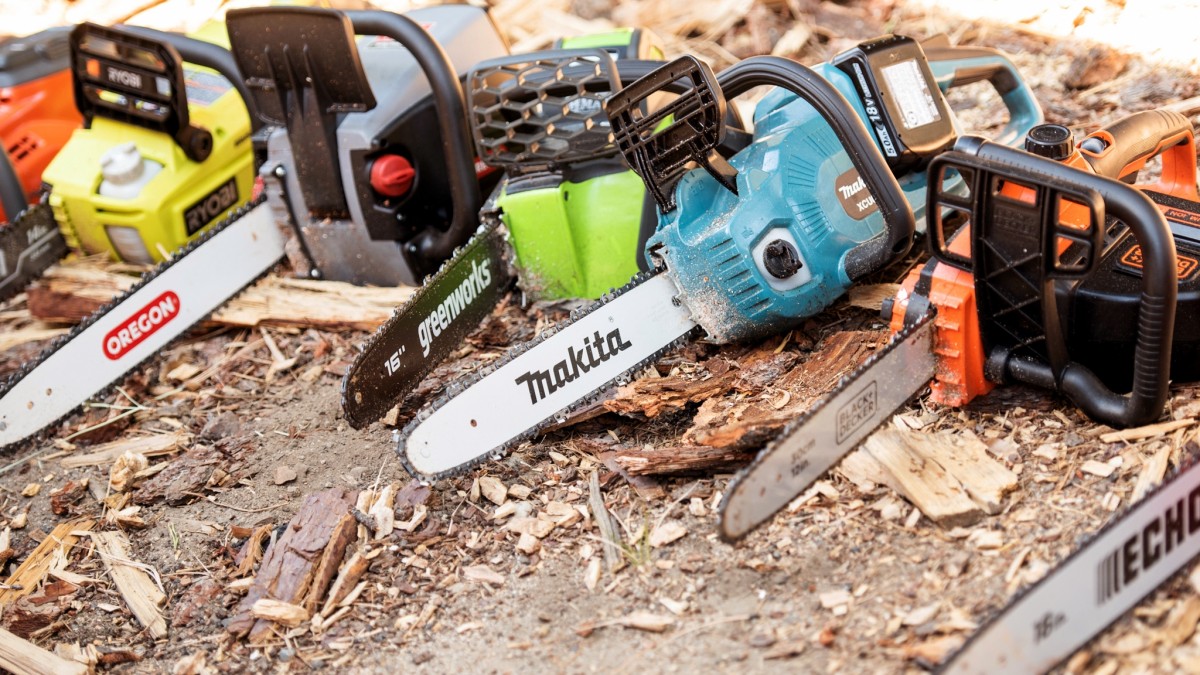
Why Choosing the Right Chainsaw Chain Matters
When it comes to cutting wood efficiently and safely, the type of chainsaw chain you use plays a crucial role. Whether you’re a professional arborist or a weekend warrior tackling a backyard project, choosing the best chainsaw chains can significantly impact your productivity and safety. But with so many options on the market, finding the right chain can be overwhelming. This guide will help you navigate through the best chainsaw chains available, taking into account performance, durability, and value for money.
Understanding Chainsaw Chains: The Basics
Before diving into the best chainsaw chains available, it’s essential to understand the different types of chains and how they differ. Chainsaw chains are categorized by their pitch, gauge, and the number of drive links.
- Pitch refers to the distance between the chain’s links, usually measured in inches. Common pitches include 0.325″, 3/8″, and 1/4″.
- Gauge measures the thickness of the chain’s drive links. Standard gauges are 0.043″, 0.050″, and 0.058″.
- Drive Links connect the chain to the bar, and their number must match your chainsaw’s bar length.
Knowing these specifications is vital to selecting the best chainsaw chains for your equipment, as an incompatible chain can lead to poor performance and even safety hazards.
Top Chainsaw Chains for Different Applications
Different tasks require different types of chains. Here are some of the best chainsaw chains categorized by their intended use:
- Best for General Use: Oregon S56 AdvanceCut Chainsaw Chain
- The Oregon S56 is an excellent all-around chain for homeowners and DIY enthusiasts. Its low-vibration design reduces user fatigue, while the LubriTec oiling system keeps the chain well-lubricated for long-lasting performance.
- Best for Professional Use: Stihl 26RS 81 Rapid Super Chainsaw Chain
- Known for its durability and high cutting speed, the Stihl 26RS 81 is a favorite among professionals. This chain is designed for demanding applications, providing fast and clean cuts through hardwood and softwood alike.
- Best for Firewood: Husqvarna H30-72 Pixel Saw Chain
- For those who frequently cut firewood, the Husqvarna H30-72 offers superior performance with its narrow kerf and low kickback design. It’s designed for efficient and precise cutting, making it one of the best chainsaw chains for firewood processing.
- Best for Tough Conditions: Oregon D70 Xtreme Duty Chainsaw Chain
- When faced with tough conditions like cutting through dirty wood or dealing with hard knots, the Oregon D70 shines. Its heavy-duty design can withstand challenging conditions without compromising performance.
Maintenance Tips for Prolonging the Life of Your Chainsaw Chain
Even the best chainsaw chains require proper maintenance to ensure they last and perform well. Here are some tips:
- Regular Sharpening: A dull chain not only cuts poorly but also increases the risk of kickback. Regularly sharpen your chain using a file guide or a chainsaw sharpener.
- Proper Tension: Ensure the chain tension is correctly adjusted. A loose chain can derail, while a tight chain can damage the saw’s components.
- Lubrication: Keep the chain well-lubricated to reduce friction and prevent overheating. Always check the oil level in your chainsaw before use.
- Cleaning: Remove debris and dirt from the chain after each use. This simple step can prevent premature wear and corrosion.
How to Choose the Best Chainsaw Chains for Your Needs
Selecting the best chainsaw chains involves more than just looking at reviews and recommendations. You must consider the specific needs of your projects. Here are some factors to think about:
- Bar Length Compatibility: Ensure the chain matches your chainsaw’s bar length and pitch. Mismatched chains can cause serious safety issues.
- Type of Wood: For hardwood, choose a chain with a high cutting speed and durability, like the Stihl 26RS 81. For softer woods, a general-purpose chain like the Oregon S56 would suffice.
- Frequency of Use: Professionals using their chainsaw daily should invest in high-quality chains, while occasional users might opt for more budget-friendly options.
Safety Considerations When Using Chainsaw Chains
Safety should always be your top priority when using chainsaws, regardless of the chain type. Here are some critical safety tips:
- Wear Proper Gear: Always wear protective gear, including gloves, goggles, and chainsaw chaps.
- Check the Chain: Inspect the chain for damage or wear before each use. A damaged chain can break and cause serious injury.
- Avoid Kickback Zones: Be mindful of the tip of the chainsaw bar, as this is where kickback is most likely to occur.
The Future of Chainsaw Chains: Innovation and Technology
The best chainsaw chains are continuously evolving, with manufacturers incorporating new technologies to improve safety, efficiency, and ease of use. From self-sharpening chains to advanced anti-kickback features, the future of chainsaw chains looks promising.
- Self-Sharpening Chains: Some chains, like the Oregon PowerSharp, come with a built-in sharpening system, allowing you to sharpen the chain in seconds.
- Enhanced Safety Features: New chains feature lower kickback designs and better vibration dampening, making chainsaws safer for users of all experience levels.
Frequently Asked Questions (FAQs)
- How often should I sharpen my chainsaw chain?
- It depends on usage, but a general rule is after every 3-5 hours of use. If you notice a decrease in performance, it’s time to sharpen.
- Can I use any brand of chain on my chainsaw?
- While most chains are compatible across brands, always check the specifications for pitch, gauge, and bar length to ensure compatibility.
- How do I know if my chainsaw chain is dull?
- A dull chain will produce fine sawdust instead of wood chips and will require more force to cut through wood.
Conclusion: Making the Right Choice
Choosing the best chainsaw chains is crucial for efficient and safe operation. By considering your specific needs, understanding the different chain types, and following proper maintenance practices, you can ensure your chainsaw performs at its best. Whether you’re a professional or a casual user, investing in the right chain will save you time, effort, and potentially costly repairs in the long run.





